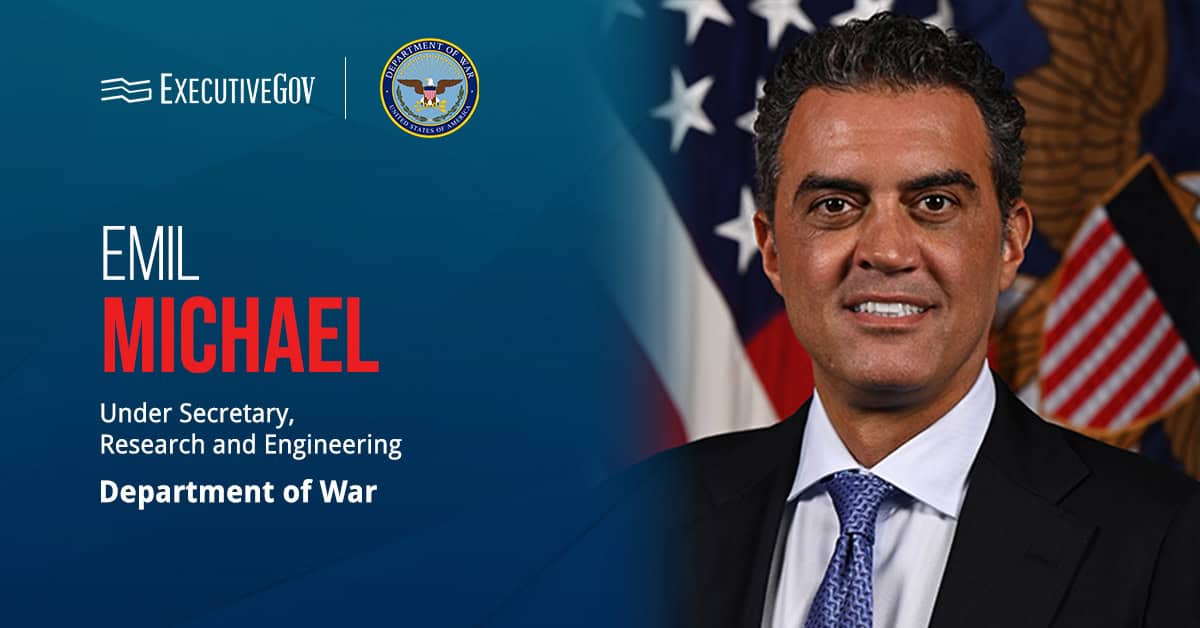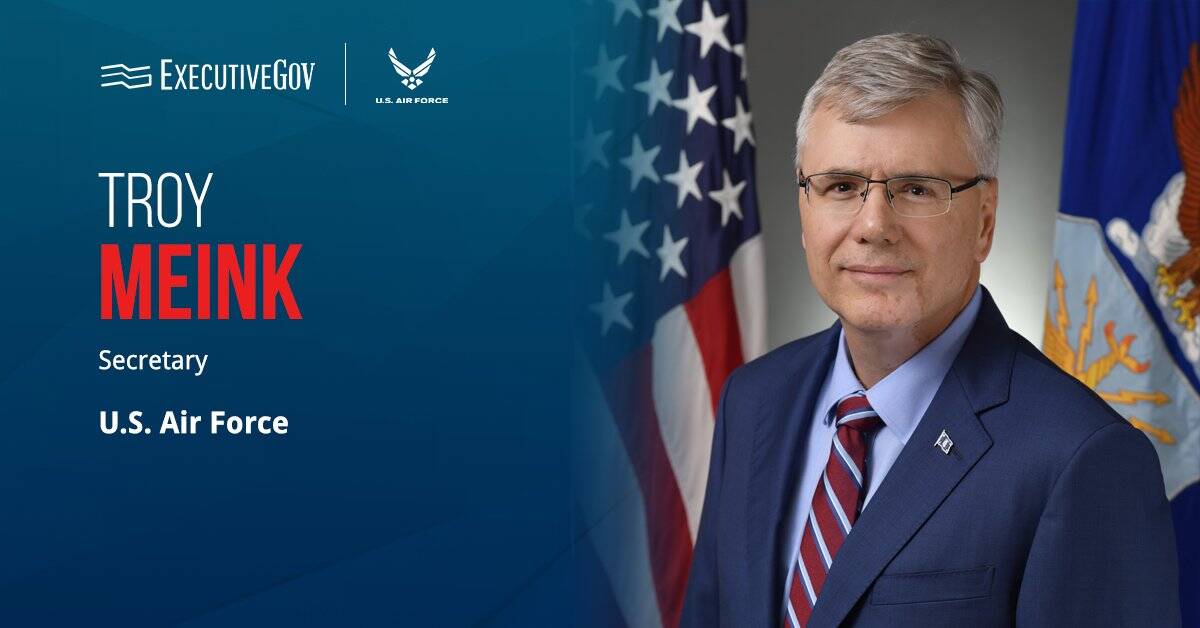Victoria Coleman, formerly senior adviser for microelectronics technology policy to the director of the Center for Information Technology Research in the Interest of Society (CITRIS) at the University of California, Berkeley, has formally assumed the role of director at the Defense Advanced Research Projects Agency (DARPA).
Coleman has succeeded Steven Walker, who vacated his post in 2019, DARPA said Thursday. Prior to her previous capacity, Coleman led startup company Atlas AI P.B.C as CEO and worked at the Wikimedia Foundation as chief technology officer.
She also held various roles at SRI International, Samsung, Intel, Hewlett-Packard, Nokia, Yahoo, Harman International and Technicolor. DARPA Deputy Director Peter Highnam served as acting director following Walker’s departure from the agency.





